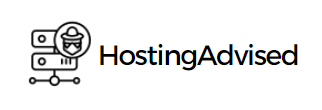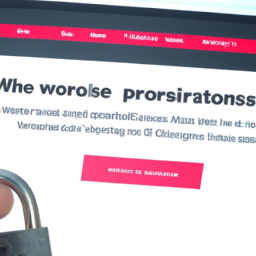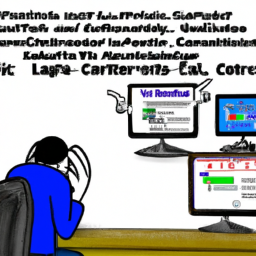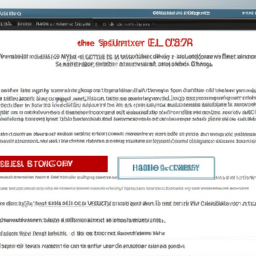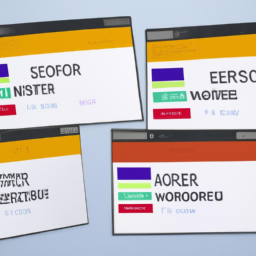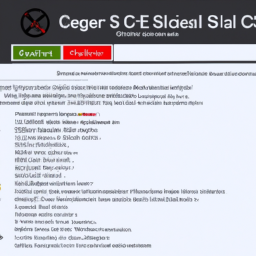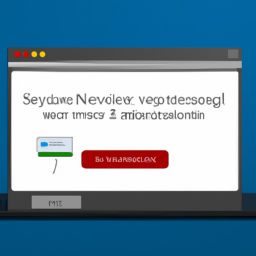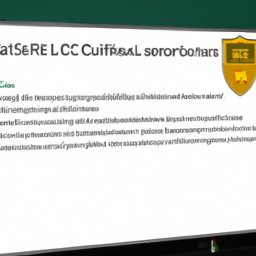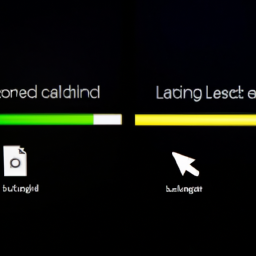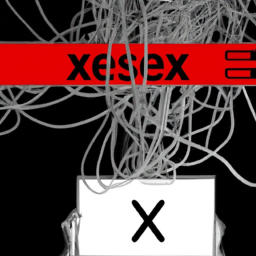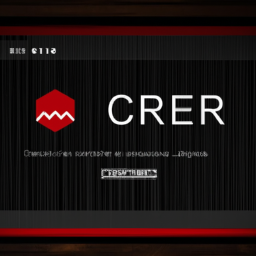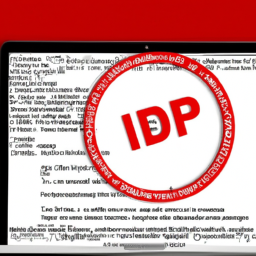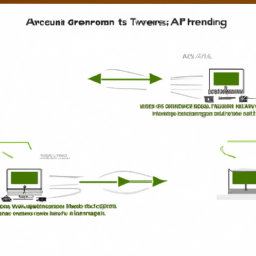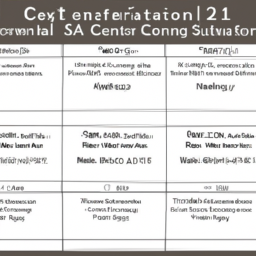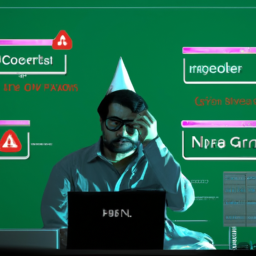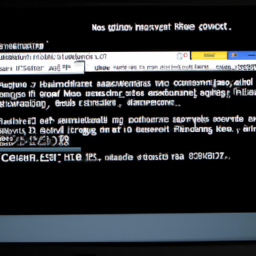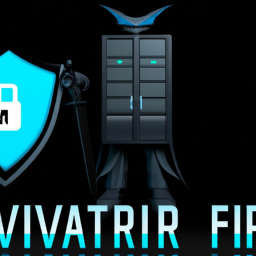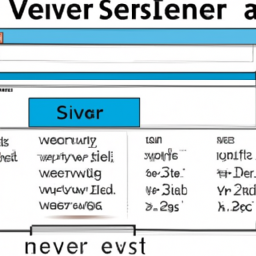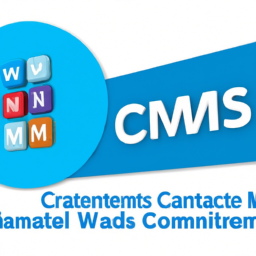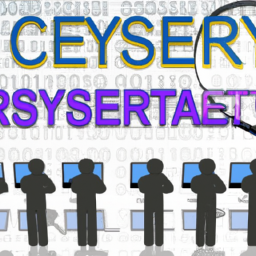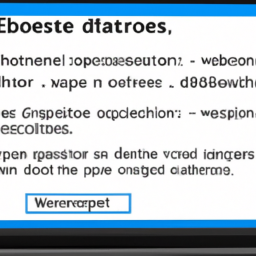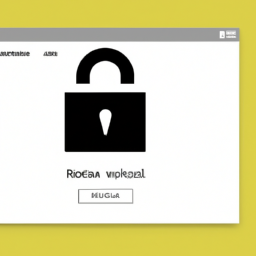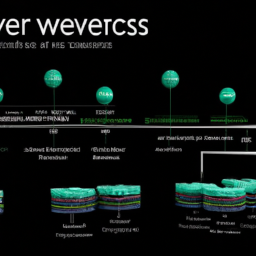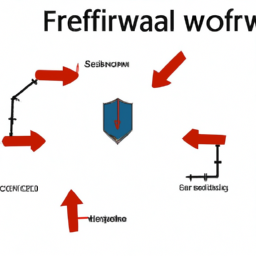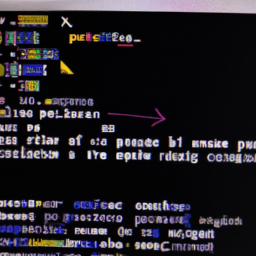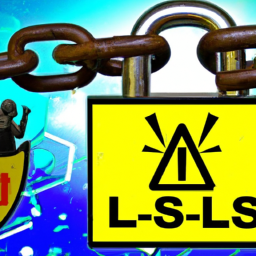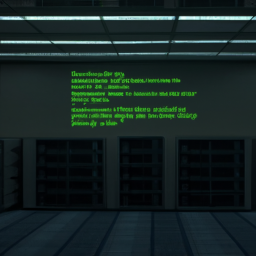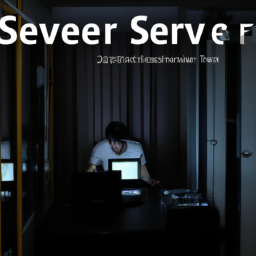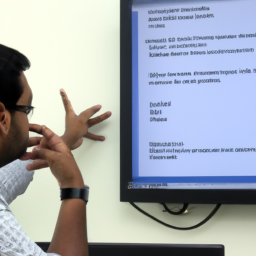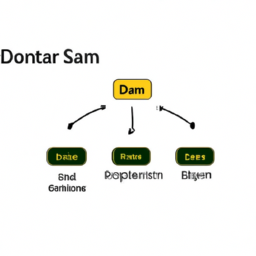Did you know that over 50% of website owners experience conflicts with their hosting due to third-party plugins? It may seem like a mystery, but understanding how these plugins can cause hosting conflicts is crucial for any website owner.
In this article, we will unravel the mystery and provide you with valuable insights into this common issue.
Third-party plugins are powerful tools that enhance the functionality and customization of your website. However, they can also create conflicts with your hosting environment. These conflicts can lead to slow loading times, error messages, or even website crashes.
Identifying the specific hosting conflicts caused by plugins is the first step towards troubleshooting and resolving the issue. We will guide you through the process, highlighting the most common conflicts and their underlying causes.
Furthermore, we will provide you with effective troubleshooting techniques to help you resolve hosting conflicts quickly and efficiently. Additionally, we will share preventive measures that can be taken to avoid future conflicts.
If you’re ready to dive into the world of third-party plugins and hosting conflicts, let’s get started!
Key Takeaways
- Over 50% of website owners experience conflicts with third-party plugins.
- Identifying specific conflicts is crucial for troubleshooting hosting issues.
- Resolving conflicts and improving security involves updating plugins and themes and consulting with hosting support.
- Choosing reliable plugins, regularly updating them, and researching user reviews is important to avoid conflicts.
Understanding Third-Party Plugins and Their Functionality
Third-party plugins, with their various features and functions, can be like puzzle pieces that fit into a website, enhancing its functionality and appearance. When exploring plugin compatibility, it’s important to consider how well the plugin integrates with your current website setup.
Some plugins may conflict with the existing theme or other plugins, causing issues such as broken layouts, slow loading times, or even crashing the entire site. Evaluating plugin performance is another crucial step in ensuring smooth operation.
Plugins that are poorly optimized or contain excessive coding can significantly slow down your website, negatively impacting user experience and search engine rankings. Identifying common hosting conflicts caused by plugins requires careful monitoring and troubleshooting.
By understanding how third-party plugins interact with your hosting environment, you can address conflicts and maintain a stable website without compromising performance.
Identifying Common Hosting Conflicts Caused by Plugins
To identify common hosting conflicts caused by plugins, you can start by examining the compatibility between your hosting provider and the plugins you’ve installed.
Common causes of conflicts include outdated plugins, incompatible coding languages, and conflicting functionalities between different plugins. It’s important to conduct an impact assessment to determine the extent of these conflicts on your website’s performance. This assessment involves monitoring the website’s loading speed, responsiveness, and overall stability. Look out for any error messages or erratic behavior that may indicate a conflict.
Additionally, check if there are any known issues or support documentation provided by the plugin developers regarding compatibility with your hosting provider. Understanding and addressing these conflicts will enable you to optimize your website’s performance.
Transitioning into troubleshooting hosting conflicts, let’s explore some effective strategies to resolve these issues.
Troubleshooting Hosting Conflicts
To troubleshoot hosting conflicts on your WordPress website, you can start by disabling and testing plugins one by one to identify the culprit. This will help you determine if a specific plugin is causing the issue.
Additionally, updating both plugins and themes to their latest versions can also resolve conflicts as developers often release updates to address compatibility issues.
If the problem persists, it’s advisable to consult with your hosting support team as they’ve expertise in identifying and resolving hosting-related conflicts.
Disable and Test Plugins
Disabling and testing plugins is a crucial step in unraveling the mystery of how third-party plugins can cause hosting conflicts. When troubleshooting conflicts, it’s essential to follow best practices to identify the problematic plugin.
Start by disabling all plugins and then re-enable them one by one, testing your website after each activation. This process helps pinpoint the specific plugin that’s causing the conflict.
Take note of any changes or errors that occur during the testing phase, as they can provide valuable clues. Once the conflicting plugin is identified, you can either reach out to the plugin developer for support or look for an alternative plugin that performs a similar function.
By thoroughly testing and disabling plugins, you can move on to the next step of updating plugins and themes.
Update Plugins and Themes
Updating plugins and themes is a crucial step in keeping your website running smoothly and ensuring that you have the latest features and security patches. Outdated plugins and themes can pose a significant risk to your website’s security as they may have vulnerabilities that can be exploited by hackers.
By regularly updating these components, you can minimize the chances of your website being compromised. However, before you update any plugins or themes, it’s essential to create a backup of your website. This precautionary measure ensures that if anything goes wrong during the update process, you can easily revert to the previous version without losing any data.
Once you’ve taken this necessary step, you can consult with hosting support for further guidance on updating plugins and themes seamlessly.
Consult with Hosting Support
Seeking guidance from your hosting support team can provide you with expert assistance in seamlessly addressing any concerns or queries related to your website’s plugins and themes. When you encounter conflicts or compatibility issues with third-party plugins, reaching out to your hosting support is crucial.
These professionals have extensive knowledge of their hosting infrastructure and can help identify the root cause of the problem. They can guide you through the troubleshooting process, suggesting potential solutions or workarounds.
Hosting support assistance ensures that you receive personalized and tailored advice for your specific hosting environment. By leveraging their expertise, you can resolve conflicts more efficiently, minimizing any potential downtime or disruptions to your website. With their help, you’ll be able to navigate through plugin-related challenges smoothly, ensuring your website remains functional and optimized.
Transitioning into preventing hosting conflicts in the future, it is essential to establish proactive measures to safeguard your website’s performance.
Preventing Hosting Conflicts in the Future
To prevent hosting conflicts in the future, you should research and choose reliable plugins that have a good track record of compatibility with your hosting environment. Regularly updating plugins and themes is also crucial as updates often include bug fixes and security patches that can help prevent conflicts.
Additionally, it’s recommended to test new plugins in a staging environment before deploying them to your live site to ensure they don’t cause any conflicts or issues.
Research and Choose Reliable Plugins
When choosing reliable plugins, you must tread carefully, for they hold the key to unlocking the door to a seamless hosting experience.
Evaluating plugin compatibility is crucial to ensure that the chosen plugins work harmoniously with your hosting environment. Before installing any plugin, thoroughly research its compatibility with your hosting provider and version of WordPress. Look for plugins that have been tested and verified to work well with your specific setup.
Additionally, pay close attention to user reviews. These reviews provide valuable insights into the reliability and performance of the plugin. Look for positive feedback and high ratings to determine if the plugin is trustworthy.
By carefully evaluating compatibility and considering user reviews, you can confidently select plugins that enhance your hosting experience. Regularly updating plugins and themes is another essential step in maintaining a stable and secure hosting environment.
Regularly Update Plugins and Themes
Make sure you regularly update your plugins and themes to keep your hosting environment stable and secure. This is one of the best practices to follow when using third-party plugins.
Updating plugins and themes ensures that you have the latest features, bug fixes, and security patches. It also helps in preventing potential issues like compatibility conflicts and vulnerabilities. By regularly updating your plugins and themes, you can take advantage of improvements and enhancements made by the developers.
Additionally, updating ensures that your website remains compatible with the latest version of WordPress and other core components. However, it’s important to note that updating plugins and themes should be done cautiously, especially if you’ve made customizations.
In the next section, we’ll discuss the importance of testing plugins in a staging environment before making them live on your website.
Test Plugins in Staging Environment
Testing plugins in a staging environment ensures a smooth and secure transition before implementing them on your live website. It is crucial to follow proper testing procedures to avoid any potential conflicts and ensure plugin compatibility.
Start by creating a duplicate of your live website in a staging environment, where you can safely test new plugins without affecting your live site. Install the plugin and thoroughly test its functionality, making sure it doesn’t interfere with any existing features or cause any conflicts.
Check for any potential security vulnerabilities or performance issues that may arise from the plugin. By thoroughly testing plugins in a controlled environment, you can identify any potential problems and find alternative solutions for functionality and customization without disrupting your live website.
Alternative Solutions for Functionality and Customization
To achieve the desired functionality and customization, you can explore alternative solutions that offer similar features and allow for personalization. When faced with plugin compatibility issues, it’s important to consider custom coding alternatives. Here are three sub-lists of alternative solutions to consider:
-
Custom-built plugins: Develop a bespoke plugin that specifically addresses your needs. This option allows for complete control over the code and eliminates the risk of conflicts with third-party plugins.
-
Theme customization: Some WordPress themes offer extensive customization options, allowing you to achieve the desired functionality without the need for additional plugins. Explore the theme’s settings and documentation to leverage its built-in features.
-
Code snippets: Utilize code snippets to add specific functionality to your website without the use of plugins. WordPress provides a code editor where you can insert custom code snippets into your theme’s functions.php file or use a dedicated plugin for managing code snippets.
By considering these alternative solutions, you can find ways to achieve the desired functionality and customization without relying solely on third-party plugins, reducing the risk of hosting conflicts.
Frequently Asked Questions
How do third-party plugins work and what is their functionality?
Third-party plugins are tools that you can add to your website to enhance its functionality. They offer numerous benefits, such as saving time and effort by providing pre-built features.
However, relying on these plugins also has its drawbacks. One advantage is that they allow you to add advanced features without coding knowledge. On the other hand, they can introduce security risks, as hackers often target popular plugins.
It’s crucial to choose reputable plugins and keep them updated to minimize these risks.
What are some common hosting conflicts that can be caused by third-party plugins?
Some common hosting conflicts that can be caused by third-party plugins include compatibility issues, resource usage conflicts, and security vulnerabilities.
These conflicts can have a significant impact on the performance of your website, potentially leading to slower loading times, crashes, or even downtime.
To address these conflicts, common solutions include regularly updating plugins to ensure compatibility, optimizing resource usage, and implementing security measures such as firewall protection and regular vulnerability scans.
How can I troubleshoot hosting conflicts caused by third-party plugins?
To troubleshoot hosting conflicts caused by third-party plugins, start by identifying the problematic plugin. Disable all plugins except the one causing the conflict and check if the issue persists.
If it does, try updating the plugin to the latest version or contacting the plugin developer for support. If the problem persists, switch to a default theme temporarily to rule out theme conflicts.
Regularly update plugins, use reputable ones, and limit the number of active plugins to minimize the risk of hosting conflicts.
What are some preventive measures to avoid hosting conflicts in the future?
To prevent hosting conflicts caused by third-party plugins in the future, you should follow some preventive measures and best practices.
First, always ensure that the plugins you install are compatible with your hosting environment.
Regularly update both your plugins and hosting platform to the latest versions to avoid compatibility issues.
Additionally, it’s crucial to thoroughly test new plugins before activating them on your live website.
Lastly, consider using a staging environment to test any plugin updates or changes before implementing them on your production site.
Are there any alternative solutions available for achieving desired functionality and customization without using third-party plugins?
Looking for alternative solutions to achieve desired functionality and customization without using third-party plugins? Well, you’re in luck! There are numerous options available that can help you achieve your goals.
From coding custom solutions to utilizing built-in features of your hosting platform, there are plenty of ways to customize your website without relying on third-party plugins. These alternative solutions provide greater control, reduce the risk of conflicts, and allow for a more seamless user experience.
Conclusion
In conclusion, understanding the complexities of third-party plugins and their potential to cause hosting conflicts is crucial for website owners. By identifying common conflicts and troubleshooting them effectively, one can ensure a smooth and seamless user experience.
However, it’s equally important to prevent these conflicts in the future by carefully selecting plugins and regularly updating them. Remember, navigating through the world of plugins can be like untangling a web of intricate threads, but with the right knowledge and approach, you can master it like a skilled weaver.
